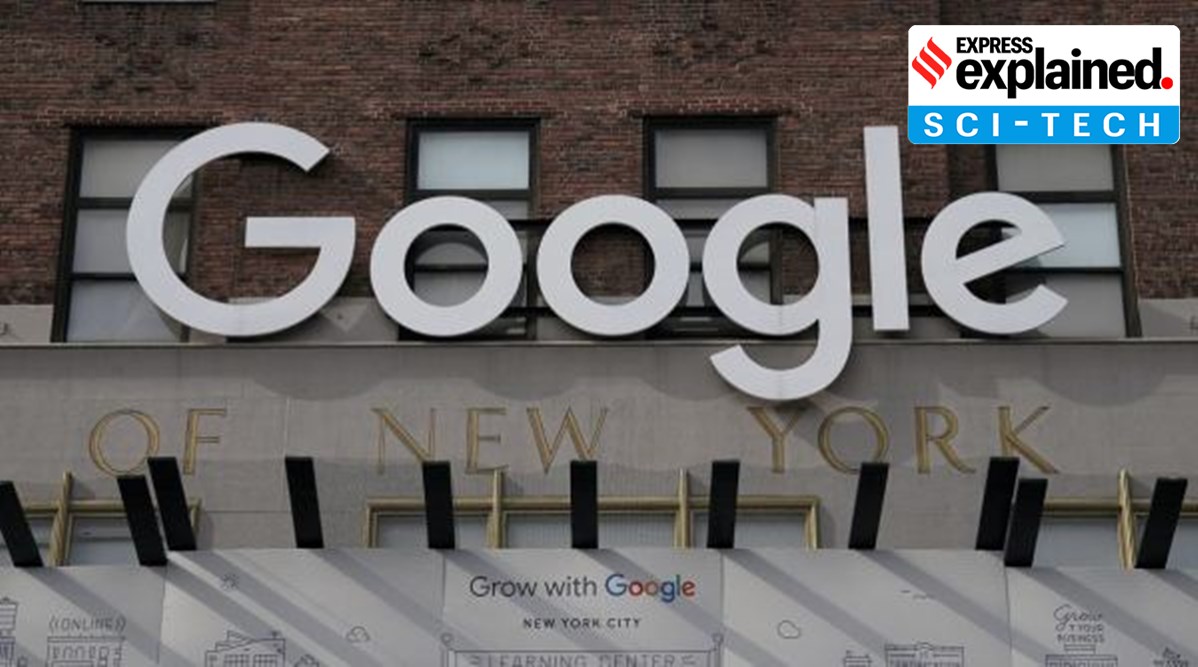
In January 2021, Google announced plans to phase out support for third-party cookies in your Chrome browser. Now, the company has said that it will not develop new technology to support user tracking in its browser, once the cookies are removed.
The decision will have a significant impact on digital advertising given that Chrome is the most popular browser worldwide. It also heralds a shift in focus for Google, presenting itself as more focused on privacy. But what is the meaning of the latest Google ad? We explain below:
Why is Google removing third-party cookies?
In January, Justin Schuh, director of Chrome Engineering, wrote that the company planned to stop supporting third-party cookies in the Chrome browser for the next two years.
In a new blog post on March 3, David Temkin, director of product stewardship, privacy and ad trust, clarified that Google “will not create alternative identifiers to track people as they browse the web, nor will it use them in its products”. . This means that once third-party cookies are removed, Google will have no other tools for tracking users.
It should be noted that Apple’s Safari browser and Mozilla’s Firefox are already blocking all third-party cookies.
Third-party cookies help websites and advertisers to track user behavior on the web. For example, if you search for some products on a website and then find that ads for those same products appear on a social media platform, it is due to third-party cookies, which are used to track your behavior. Once Google removes them, it will be more difficult to push targeted ads and this will affect both the effectiveness and the price of the ads.
Why won’t Google replace third-party cookie tracking with another form of user tracking?
Temkin’s blog post says that many users are now convinced that they are being tracked all the time and are unsure of their privacy. Therefore, any other alternative tracker will also “not meet the increasing privacy expectations of consumers.”
More importantly, Google is unsure whether these alternatives will stand up to scrutiny from “rapidly evolving regulatory constraints” and therefore does not view this as a “long-term sustainable investment.”


With Google facing antitrust investigations in the US and other countries, a new technology that can help track user behavior is likely to cause more problems and come under scrutiny from regulators.
So how will Google deliver effective ads?
Under the new regime, Google’s web products will be “powered by privacy-preserving APIs that prevent individual tracking while delivering results for advertisers and publishers.”
According to the post, advertisers will maintain their success rates while now keeping track of individual users. Google is proposing a new approach called federated cohort learning or FLoC that aims to track groups of people with similar interests, rather than individuals. So the targeting will simply change to the collective habits of the users.
According to Google, its latest tests for FLoC have shown promise for advertisers. While the advertising industry will need to accept this as a method as well, it won’t be difficult given that Google is the largest player in this industry worldwide.
Google will make FLoC-based cohorts available for public testing through testing of origin with the upcoming Chrome release this month. It also expects to begin testing FLoC-based cohorts with advertisers in Google Ads in Q2 2021.
Google says it will continue to support first-hand relationships on its partner ad platforms, where they have direct connections with their own customers.
.